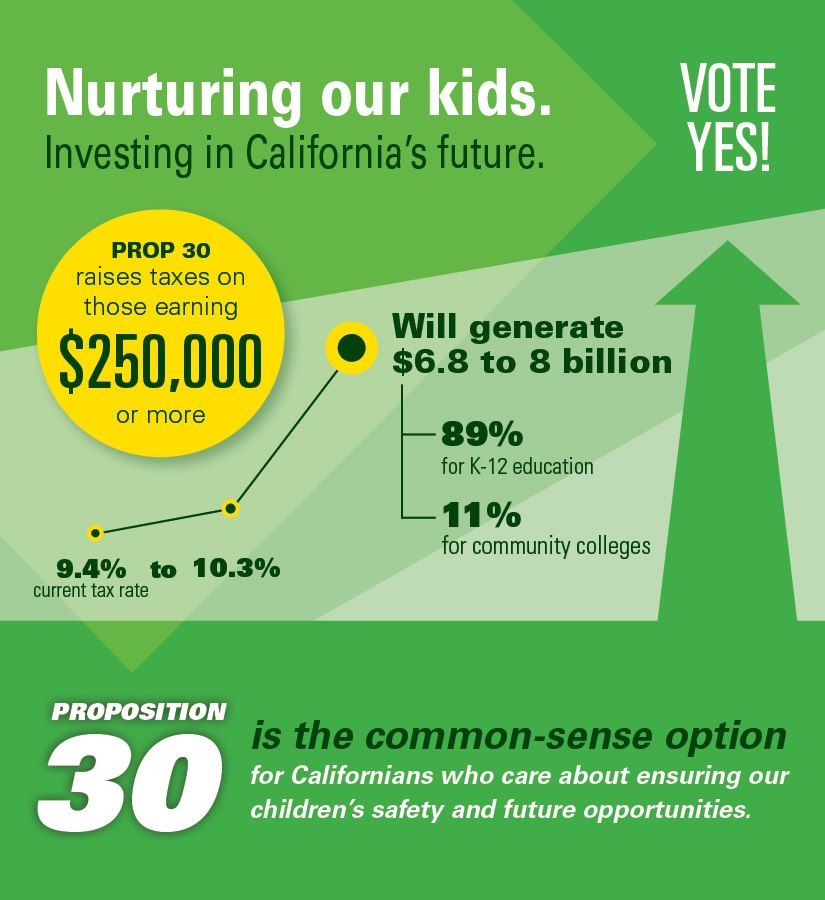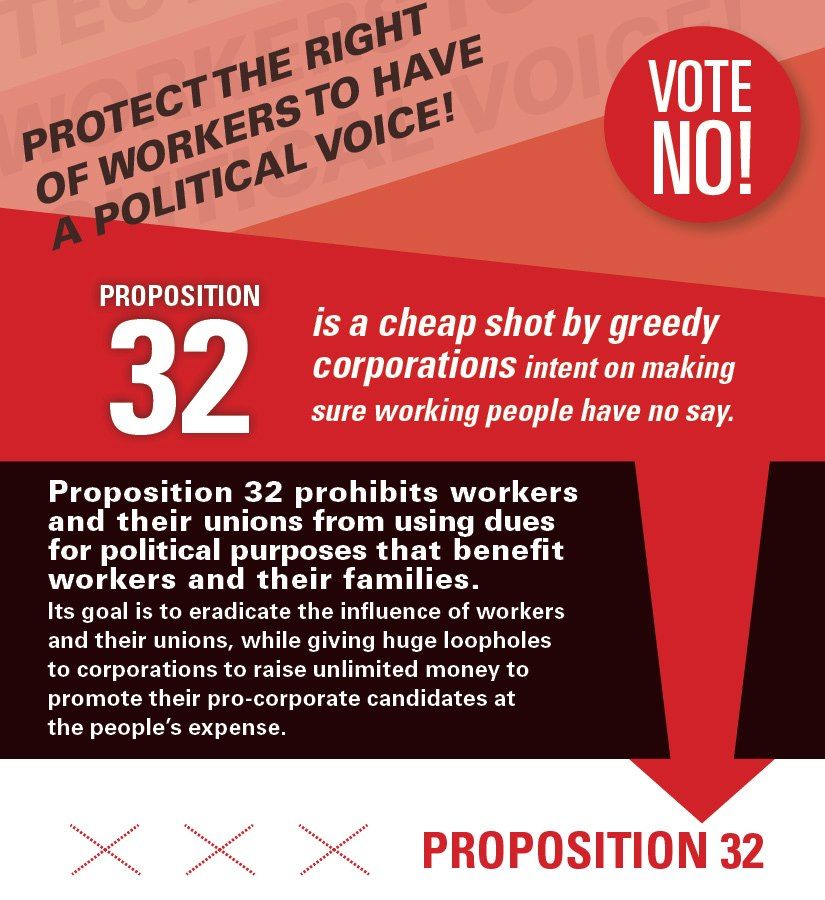Starry Messenger
Starry Messenger's JournalPaul Krugman rediscovers Marxism--what's next? Fire? The wheel?
http://krugman.blogs.nytimes.com/2012/12/08/rise-of-the-robots/Rise of the Robots
<snip>
Robots mean that labor costs don’t matter much, so you might as well locate in advanced countries with large markets and good infrastructure (which may soon not include us, but that’s another issue). On the other hand, it’s not good news for workers!
This is an old concern in economics; it’s “capital-biased technological change”, which tends to shift the distribution of income away from workers to the owners of capital.
<snip>
But the college premium hasn’t risen for a while. What has happened, on the other hand, is a notable shift in income away from labor:

<snip>
I think our eyes have been averted from the capital/labor dimension of inequality, for several reasons. It didn’t seem crucial back in the 1990s, and not enough people (me included!) have looked up to notice that things have changed. It has echoes of old-fashioned Marxism — which shouldn’t be a reason to ignore facts, but too often is. And it has really uncomfortable implications.
Gee, you think?
Rise of the Robots
Or, Paul Krugman rediscovers fire and Marxism.
http://krugman.blogs.nytimes.com/2012/12/08/rise-of-the-robots/
<snip>
Robots mean that labor costs don’t matter much, so you might as well locate in advanced countries with large markets and good infrastructure (which may soon not include us, but that’s another issue). On the other hand, it’s not good news for workers!
This is an old concern in economics; it’s “capital-biased technological change”, which tends to shift the distribution of income away from workers to the owners of capital.
Twenty years ago, when I was writing about globalization and inequality, capital bias didn’t look like a big issue; the major changes in income distribution had been among workers (when you include hedge fund managers and CEOs among the workers), rather than between labor and capital. So the academic literature focused almost exclusively on “skill bias”, supposedly explaining the rising college premium.
<snip>
I think our eyes have been averted from the capital/labor dimension of inequality, for several reasons. It didn’t seem crucial back in the 1990s, and not enough people (me included!) have looked up to notice that things have changed. It has echoes of old-fashioned Marxism — which shouldn’t be a reason to ignore facts, but too often is. And it has really uncomfortable implications.
But I think we’d better start paying attention to those implications.
Christina Hoff Sommers, MRA enabler and Radical Anti-Feminist in group tied to ALEC
In light of our current crop of "guests" out and about in greater DU, I thought I would google some of these same repetitive memes that anti-feminists write. It looks like a great deal of them have a main source, Christina Hoff Sommers--she's a self-proclaimed Libertarian, a Resident Scholar of AEI (American Enterprise Institute, a very right-wing think tank), and her themes may look familiar to people who have travelled in recent threads.
This will be a working research thread and I hope people will add more to highlight the sources of her anti-feminist and anti-progressive web, and also add debunking material.
"Sommers explicitly identifies herself as a "libertarian."[10] The Stanford Encyclopedia of Philosophy categorizes Sommers' equity feminist views as classical liberal or libertarian and socially conservative.[11] Sommers has criticized how "conservative scholars have effectively been marginalized, silenced, and rendered invisible on most campuses."[12] In an article for the text book, Moral Soundings, Sommers makes the case for moral conservation and traditional values.[13]"
http://www.aei.org/scholar/christina-hoff-sommers/
"Christina Hoff Sommers, a former philosophy professor who taught ethics, is probably best known for her critique of late-twentieth-century feminism. She is also known for her extensive writings, among them Who Stole Feminism? (Touchstone Books, 1995) and The War Against Boys (Touchstone Books, 2001). Her textbook, Vice and Virtue in Everyday Life, a bestseller in college ethics, is currently in its eighth edition. She recently edited The Science on Women and Science (AEI Press, 2009) and is preparing a second edition of The War Against Boys."
AEI has ties to ALEC: http://www.sourcewatch.org/index.php?title=American_Enterprise_Institute
Sommers thesis: Feminism is anti-male student and education is biased toward girl students.
"
http://www.amazon.com/The-War-Against-Boys-Misguided/dp/0684849569
The War Against Boys: How Misguided Feminism Is Harming Our Young Men
Christina Hoff Sommers (Author)
Sommers thesis: The wage-gap is a myth
Wage Gap Myth Exposed -- By Feminists
http://www.huffingtonpost.com/christina-hoff-sommers/wage-gap_b_2073804.html
Sommers thesis: Sexual violence against women is overstated
How the CDC is overstating sexual violence in the U.S.
http://www.washingtonpost.com/opinions/cdc-study-on-sexual-violence-in-the-us-overstates-the-problem/2012/01/25/gIQAHRKPWQ_story.html
Sommers' views touted by racist and anti-feminist mass murderer Anders Behring Breivik:
http://gynocraticgrrl.tumblr.com/post/35150492243/this-is-what-a-privilege-denying-patriarch-sounds
{He also quotes female anti-feminist Christina Hoff Sommers (pg. 339), an author and MRA whose book has been recommended reading for me from numerous MRAs I’ve interacted with.The fact that she is positively referred to by a mass murderer didn’t seem to bother them much}.
What does Socialism look like to you?
We often have conversations on what it is--but I'm interested more in what we imagine when we think of life in a socialist society.
For me, I picture life in the US with an expanded and more robust version of the WPA, with public programs to bring up living standards, full unionization with workers running the bulk of decision-making processes.
I see the arts and education fully funded, with opportunities that are not dependent on corporations wanting to make a buck on you and your skills. Children from all backgrounds would be able to go on as far with their education as they hope to.
The removal of privatized monopolies from our public resources, our living needs should not be dependent on whims of profit. Our news and airwaves would be expanded into more public programming.
I have a long list, but my last one for this entry would be the return of public space exploration. I'd rather not see capitalism move out into outer space.
Anyone else with a wish list?
Good luck to everyone tomorrow--
I'm not much of a writer, but I just wanted to say how much I cherish the bonds and friendships I've made in this group over the last four years, between DU2 and DU3.
Talking to everyone about what is going on in education across the US in our respective areas has kept me sane(ish) and politically aware.
We've had some bruising battles in the last few years, and the triumphs seem few and far between sometimes--but it's great to know that there are so many great teachers out there, fighting for kids, public schooling, and keeping encroaching corporate influence out of our democratic school system.
I don't know what the outcome of our various political battle fronts will be tomorrow, but I just wanted to let you all know that it is this community especially that helps make the dark days a little clearer.
Infographics on Yes on 30 and No on 32 for all to share
A friend of mine designed these for FB, Twitter, email, or what have you. Very nice looking and easy to understand! Please share!


Chicago Public Schools CEO Jean-Claude Brizard out by ‘mutual agreement’
Source: Chicago Sun-Times
Chicago Public Schools CEO Jean-Claude Brizard, one of Mayor Rahm Emanuel’s premier hires, is out by “mutual agreement” with City Hall after just 17 months on the job, the Chicago Sun-Times has learned.
Brizard was Emanuel’s pick to lead CPS and push through the mayor’s aggressive education agenda. But with the city’s first teachers strike in 25 years in the rear view mirror and a new contract to be implemented, Emanuel said it’s “time for a clean break.”
Brizard leaves his $250,000-a-year job to be permanently replaced with Barbara Byrd-Bennett, a former teacher, principal and Cleveland schools CEO who has been filling in as Chicago’s interim chief education officer for the past six months.
Byrd-Bennett, 62, played a pivotal role in negotiating an end to the strike — and upstaged Brizard in the process. Terms of Brizard’s exit were still being finalized, but are expected to include a full-year’s salary.
Read more: http://www.suntimes.com/15699019-761/chicago-public-schools-ceo-jean-claude-brizard-out-by-mutual-agreement.html
Part-time faculty pay reaching poverty level
http://www.peoplesworld.org/part-time-faculty-pay-reaching-poverty-level/<snip>
Budget cuts are often blamed for the over-reliance on part-time adjuncts to handle the bulk of teaching. Budgets have indeed been slashed in education, but data shows at the same time, the non-teaching administrative sector has grown.
While college administrations often tout the fiscal advantages of using part-time faculty, they don't apply the same logic to their own ranks. Between 1976 and 2005, part-time faculty rose from 31 percent to 48 percent, while part-time administrators declined from 4 percent to 3 percent.
College administrators' salaries are several levels higher than the wages of adjunct teachers. Although full professors' salaries may seem commensurate with those of administrators, salaries and wages for all teaching staff have not kept pace, even with rising tuition, as reported by the American Association of University Professors.
The AAUP says tuition rose much faster than full-time faculty salaries, with the greatest gap at public institutions, where tuition and fees grew by 72 percent, accounting for inflation, while professors' salaries rose by less than 1 percent at doctoral and baccalaureate institutions and fell by over 5 percent at master's universities.
<snip>
Just to let you know in the interest of disclosure, I'm the author of this article.
The Endeavor flew over my school today!
This isn't strictly education news, but I wanted to share with my peeps in here.
It was incredibly moving! You'd think teenagers would be cynical about the space shuttle in this era of CGI, but they were excited too. I was out on the back patio on my prep when at around 10:30 we started to hear a WHOOOOOOSSHHHH high speed noise and I whipped out my phone to take a picture.
Kids came pouring out of the classrooms yelping in excitement too and took pictures (with the phones they are supposed to not have in class, lol). I'd love to see a collage of all of our photos. Everyone watched for a minute as the shuttle sped out of sight into the sun.



It was great and a little bittersweet sharing that moment at school together. Being a Gen-Xer, the Shuttle program was kind of "our" space program--seeing it end in my lifetime is rather sad. I hope the kids we are teaching now will go on to even greater ventures in outer space.
Is poverty destiny? Ideology vs. evidence in school reform
http://www.washingtonpost.com/blogs/answer-sheet/post/is-poverty-destiny-ideology-vs-evidence-in-school-reform/2012/09/18/cf121d2e-0201-11e2-b257-e1c2b3548a4a_blog.htmlAt the center of the school reform debate is the role that poverty plays in student achievement, as explained well in the following post. It was written by Paul Thomas, an associate professor of education at Furman University in South Carolina. His newest book, “Ignoring Poverty in the U.S. — The Corporate Takeover of Public Education,” was recently published. A version of this post appeared on dailykos.com. This is long but worth the time.
<snip>
The short answer, then, to whether or not poverty is destiny in the Unite States is “yes.” In fact, all categories of socioeconomic status in the United States are primarily static. In other words, the majority of people in the United States remain in the social class of their birth.
Poverty is destiny, and affluence is destiny in the United States. And these facts have almost nothing to do with the effort of anyone in those categories.
<snip>
Why, then, do the ideological claims of “No Excuses” Reformers resonate with the public against the weight of evidence?
Sawhill and Morton show that the American public holds unique beliefs about equity that contrast significantly with most other countries. Americans disproportionately believe that the United States is a meritocracy (people are rewarded for intelligence, skill, and effort), but reject the notion that people need to start with privilege in order to succeed, that income inequity is too large, and that government should help alleviate opportunity inequities.
The whole article is long and fascinating but the bolded section (I bolded it) really caught my eye. Why, against all evidence, do Americans believe in magic merit dust? I've never felt like opportunity was just around the corner for me, but maybe I just grew up gloomy. And realistic...
Profile Information
Name: Decline to StateGender: Female
Hometown: Sacramento, CA
Home country: USA
Current location: Left Coast
Member since: Sat Apr 9, 2005, 08:01 PM
Number of posts: 32,342